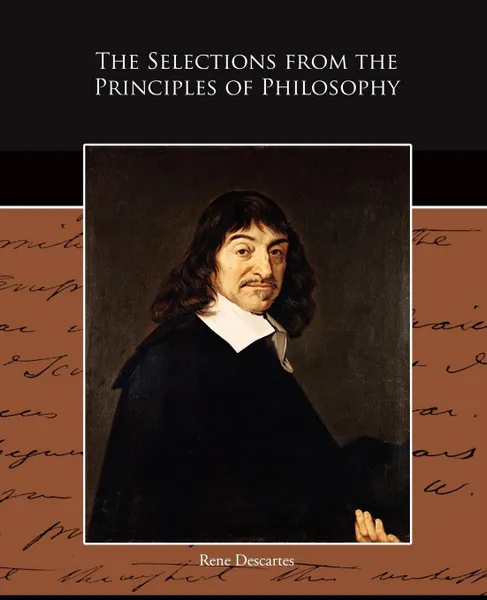The Selections from the Principles of Philosophy 12+
Автор: Rene Descartes
2009
82 страницы
Категория: Научная литература
ISBN: 9781438524542
Язык: Английский
📓 Descartes is universally acknowledged as the father of modern Western philosophy. It is to the writings of Descartes, above all others that we must turn if we wish to understand the great seventeenth-century revolution in which the old scholastic worldview slowly lost its grip, and the foundations of modern philosophical and scientific thinking were laid. The range of Descartes thought was enormous, and his published work includes writings on mathematics, physics, astronomy, meteorology, optics, physiology, psychology, metaphysics and ethics. The original publisher's preface reads as follows, "The present volume contains a reprint of the preface and the first part of the Principles of Philosophy, together with selections from the second, third and fourth parts of that work, corresponding to the extracts in the French edition of Gamier, are also given, as well as an appendix containing part of Descartes' reply to the Second Objections (viz., his formal demonstrations of the existence of Deity). The translation is based on the original Latin edition of the Principles, published in 1644. The work had been translated into French during Descartes' lifetime, and personally revised and corrected by him, the French text is evidently deserving of the same consideration as the Latin originals, and consequently, the additions and variations of the French version have also been given--the additions being put in square brackets in the text and the variations in the footnot...
Мнения
